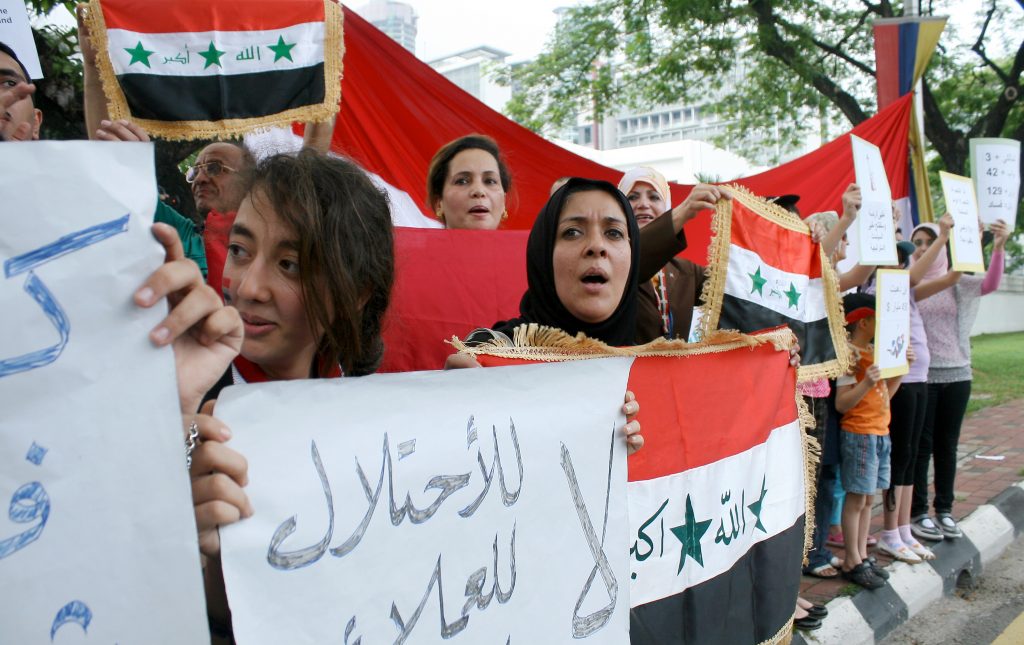
#IpevLive | Civil Society, Youth and Academia: A Necessary Axis for a Successful Transition in Reducing Violence in the MENA Region
In the sixth #IpevLive conversation “Civil Society, Youth and Academia: A Necessary Axis for a Successful Transition in Reducing Violence in the MENA Region”, that took place on June 22, 2021, Ugo Tramballi from the Italian Institute for International Political Studies, Salma Bukhatwa from the Libyan International Medical University and Marcello Scalisi from the Mediterranean Universities Union (UNIMED) discussed with Journalist Hal Plotkin what needs to be done on the academic level to see emerging new opportunities to reduce violence and how civil society can be seen as a key actor to move toward substantial reduction in violence.
Listen to the podcast!
Highlights
According to Marcello Scalisi, universities have been very active during the conflicts that affected the MENA region and academia can therefore play a major role in reducing violence. He insisted on the necessity to give MENA universities the opportunity to collaborate with western universities. On the other hand, Salma Bukhatwa observed that following the Arab Springs, the religious speech has become stronger than the academic one and that the academic sphere has to try hard to be audible in Arab societies today.
Ugo Tramballi said that education institutions can be mobilized to reduce violence in the MENA region but politics and diplomacy remain the main actors that can resolve the issue of violence in the region. Salma Bukhatwa added that in Libya diplomacy and politics have unfortunately failed so far. Marcello Scalisi argued that if universities can’t make decisions on that level, they can engage with institutions to consider the relevance of the work of universities. “We have to contribute with our proposals and leadership”, he said.
According to Ugo Tramballi, universities are places where fighters are recruited. If universities are used as a political pillar, they need to be pushed towards a clear objective. Salma Bukhatwa argued that after the Covid-19 pandemic, academia has made some improvements in Libya, students and academics are more hopeful for the future but she pointed out the absence of women in the field of academia. Besides, Marcello Scalisi mentioned the fact that the situation is not the same in every country in terms of academic freedom and autonomy. Some universities are totally controlled by the State. To him, Investing in the internationalisation and mobility is a key point. Regarding women leadership in universities, he observed that things have been slowly changing as women’s participation is growing. .
Ugo Tramballi insisted on the importance of creating a system that includes young people, refugees, and women. Today, “Refugees are viewed as a burden more than an asset”, he argued. He insisted on the necessity to see Arab universities cooperating together.
When it comes to projects that could strengthen women in academia, Salma Bukhatwa focused on the Libyan situation where according to her nothing is working. “If we succeed in providing training programs for women, this could be helpful. We need to work on the school level for young women, then the Academic level. It needs a lot of work, policies need to be set up in the country to trigger changes”.
